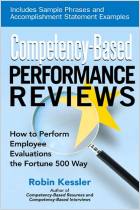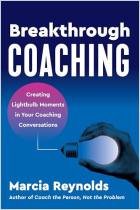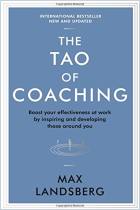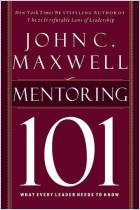Join getAbstract to access the summary!

Join getAbstract to access the summary!
Donna Dunning
TLC at Work
Training, Leading, Coaching All Types for Star Performance
Davies-Black Publishing, 2004
What's inside?
Improve five workplace competencies every individual needs to succeed in the twenty-first century.
Recommendation
If you are responsible for training or developing other people, if you are in a leadership role or if you simply want to accelerate your career development, getAbstract recommends Donna Dunning’s book as your personal study guide. The author utilizes her 20 plus years of experience in employee development to identify succinctly the five basic competencies everyone needs to succeed. Going a step deeper than the usual treatment, she recognizes that individuals who want to develop a particular competency may not understand what mastering that competency looks like. For example, what does "mindfulness" look like? Can you see mindfulness? Not really. But you can see the results of mindful behavior. Dunning focuses on identifying specific behaviors that demonstrate each competency so anyone who wants to develop a skill knows exactly what to do. Then she takes the process still further, identifying how personality types and preferences have an impact on the development of each of the five basic competencies. She shows facilitators how to work most effectively with each personality type to develop individuals to their full potential in a collaborative manner with the least amount of frustration and resistance.
Summary
About the Author
Donna Dunning is a certified human resources professional with more than 20 years of experience in employee development. She is the director of Dunning Unlimited, a consulting firm that specializes in work performance, learning and career development. She is also the author of What’s Your Type of Career? and a member of the APT MBTI® International Training Faculty.



















Comment on this summary